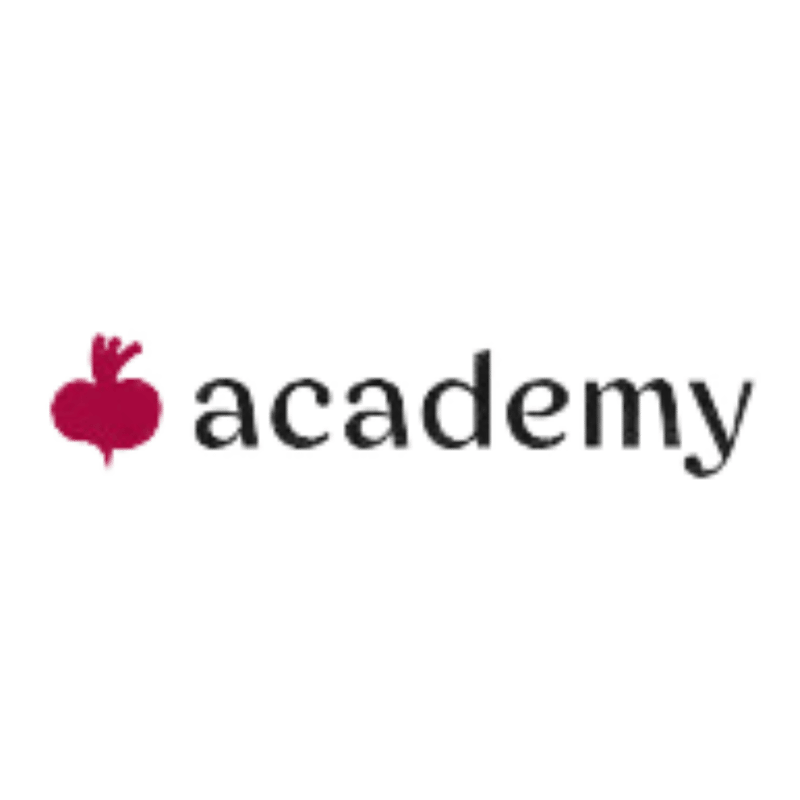
Financial aid (may be available)

Financial aid (may be available)

No cost info

Financial aid (may be available)
No cost info

$220 to start
$440 total

No cost info
$3,550 total
Financial aid (may be available)
OPTI Medical Systems supports the Online Quality Assurance Program (QAP) to add value to your OPTI CCA-TS2 analyzer. Online QAP facilitates the evaluation of quality control (QC) data with that of your peers for trends and shifts. Do not miss out on these valuable services that OPTI Medical provides OPTI analyzer users at no additional charge.
No cost info
The Graduate Certificate in Quality Assurance Compliance provides an in-depth knowledge of the global regulatory and compliance requirements for the development, marketing approval, and clinical utilization of biomedical products in today’s dynamic global healthcare environment.
No cost info
This program is designed for the chemist, bio-chemist or biologist in the pharmaceutical and biologic industry new to quality assurance and control, and is beneficial to senior year undergraduates and graduate students (using concurrent enrollment) interested in a career in QA/QC.
The program focuses on the quality requirements for the production and control of biologics and drugs, and the differences between quality control and quality assurance and their interaction with manufacturing. It highlights the importance of implementing and maintaining a quality system during the early stages of drug development, including the plethora of documents and controls necessary to make such a system effective. Guidelines and regulations from the FDA and the California State food and drug branch regulate the production of drug products. Quality Assurance (QA) monitors the manufacturer's compliance to these guidelines and regulations.
Instruction covers how to write, issue and control SOPs; manufacturing directions; and how to review and archive a batch history and other relevant documents. Emphasis is placed on conducting inspections and vendor audits for compliance to cGMPs to include contract manufacturers, bulk pharmaceutical chemical manufacturers and contract test laboratories. The program covers cGLPs and their applications to audits of facilities that provide toxicological services. Details on compiling, writing and archiving audit reports is provided.
No cost info
Quality assurance training helps applicants for understanding the basic concepts of information technology and software testing which help them excel as Quality Assurance (QA) specialists. The quality assurance course also covers physical products in determining defects in manufactured products and preventing them, pre-production, SDLC-Software Development Life Cycle, Production Environment vs Sandbox Environment, Mantis Bug Tracker, and many more. During the QA online training, you will learn how to decode the application of dynamic and static techniques, conduct walk-thoughts and audits, create a quality analysis, perform boundary value analysis, and test plan hands-on through this Quality assurance certification training.
No cost info
Mount St. Mary’s University is home to Maryland’s only certificate in quality assurance and regulatory science (QA/RS). The fully online program prepares you to lead your company through the efficient delivery of high-quality products within a competitive market.
No cost info
Are you interested in a career in Quality Assurance? Do you want to ensure that products and services meet the highest standards? If so, then taking Quality Assurance classes can be a great step towards achieving your career goals. In this blog post, we will explore what Quality Assurance is, the training requirements, what to look for in a class, what to expect from the day-to-day class, the certification process, how to find related jobs, and other classes you can take after becoming a Quality Assurance professional.

Quality Assurance is a crucial component of many industries, including manufacturing, healthcare, technology, and more. It involves monitoring and evaluating products and services to ensure they meet certain standards and specifications. Quality Assurance professionals play a vital role in identifying and resolving issues, improving processes, and maintaining high-quality standards.
Quality Assurance, often referred to as QA, is a systematic process that aims to ensure products and services meet specified requirements and customer expectations. It involves monitoring and evaluating various aspects of a product or service, including its design, development, production, and delivery. QA professionals utilize a range of techniques and tools to identify and address any deviations from the desired quality standards.
To become a Quality Assurance professional, you will need to acquire the necessary knowledge and skills through training. The specific training requirements may vary depending on the industry and job role, but here are some common steps to consider:
When searching for Quality Assurance classes near you, it's essential to consider certain factors to ensure you choose the right program for your needs. Here are some things to look for:
Once you enroll in a Quality Assurance class, you can expect to learn a variety of topics and skills related to the field. Here are some things you can expect from the day-to-day class:
After completing a Quality Assurance class, you may have the opportunity to obtain a certification to further validate your skills and knowledge. The certification process may vary depending on the specific certification you pursue, but generally, it involves the following steps:
Once you have completed your Quality Assurance training and obtained any necessary certifications, you can start exploring job opportunities in the field. Here are some ways to find related jobs:
Once you have established yourself as a Quality Assurance professional, you may want to expand your skill set and explore other related areas. Here are some other classes you can consider taking:
If you are interested in a career in Quality Assurance, taking the necessary training classes can set you on the right path towards success. Consider the training requirements, what to look for in a class, and what to expect from the day-to-day learning experience. Obtaining certifications can further enhance your credibility and job prospects in the field. Remember to utilize resources like Dreambound to find Quality Assurance classes near you and explore other vocational training options. With the right training and dedication, you can build a rewarding career in Quality Assurance.
Dreambound's extensive guides dig into the specific requirements and challenges that are different for each city in the US. Check out some of our other guides below:
Thinking about a potential career transition? Dreambound has detailed guides to help you with making informed decisions.
Dreambound's platform allows prospective students to find the right educational program for them through searching, filtering, and connecting with our extensive selection of career & technical education partners.
Dreambound has over 70 programs across healthcare, technology, business, and industrial trades. This includes programs such as Medical Billing, Cybersecurity, and welding.
Some of our schools offer financial aid for those who qualify. Many others offer payment plans, where you can pay the cost of class over time.
Yes, Dreambound offers many online programs. On Dreambound's search, you can filter by online, in-person, and hybrid (part online, part in-person).
Dreambound is completely free for you to use! We are supported by schools and organizations who pay to advertise on our website, so we can offer all of our career resources for free.